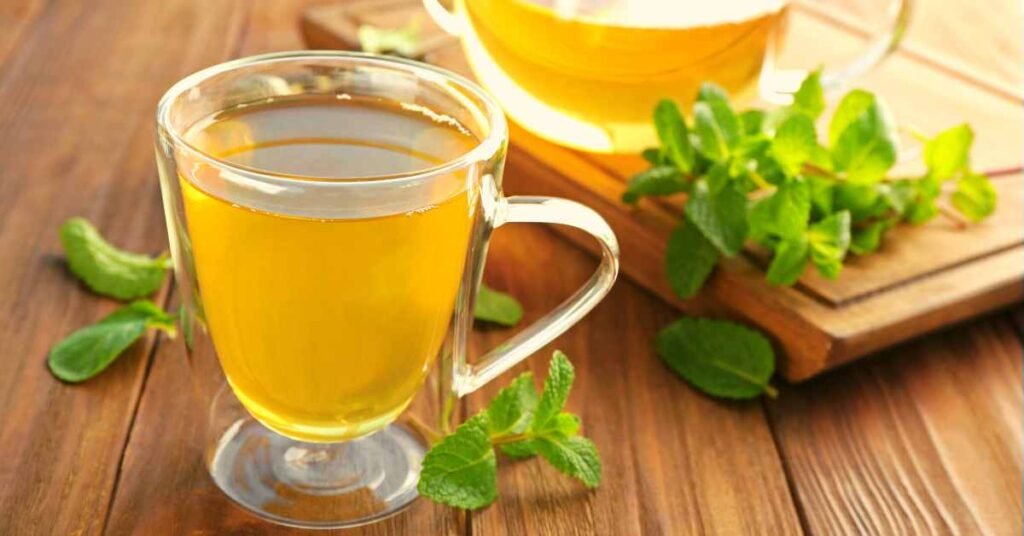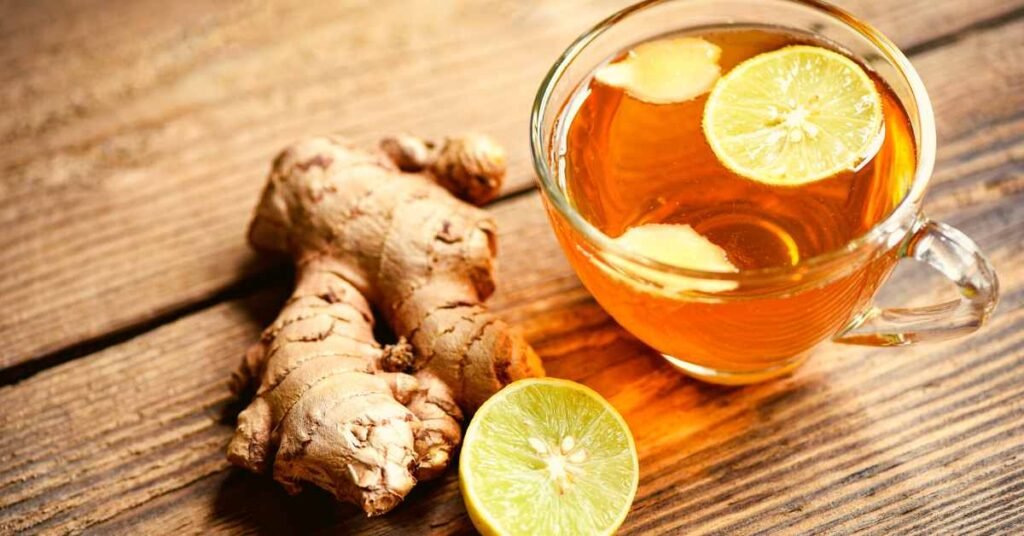Tea, a beverage that has transcended cultures and centuries, is not just a delightful drink to savor but also a remedy for various ailments.
Among its many benefits, tea has been praised for its potential to alleviate hiccups.
In this article, we’ll delve into the world of tea and explore how this ancient elixir can offer relief from those pesky and involuntary contractions of the diaphragm known as hiccups.
Understanding Hiccups

Before we explore the role of tea in treating hiccups, let’s briefly understand what causes this seemingly simple yet irksome phenomenon.
Hiccups occur due to the sudden contraction of the diaphragm muscle, followed by the rapid closure of the vocal cords, producing the characteristic “hic” sound.
While hiccups are usually harmless and temporary, they can be disruptive and even uncomfortable.
Tea and Hiccup Relief
Tea, with its diverse varieties and medicinal properties, has been a popular remedy for various health issues.
When it comes to hiccups, certain types of tea are believed to have properties that can help ease the diaphragm contractions and bring relief.
Here are some tea options that have been traditionally associated with hiccup alleviation:
Peppermint Tea
Peppermint tea, known for its refreshing flavor and soothing properties, is often recommended for hiccup relief.

Peppermint has muscle-relaxant properties that can potentially help calm the spasms of the diaphragm. Additionally, the menthol in peppermint may contribute to its antispasmodic effects.
To prepare peppermint tea, simply steep fresh or dried peppermint leaves in hot water for about 5-7 minutes.
The resulting infusion can be sipped slowly to enjoy its calming effects.
Chamomile Tea
Chamomile tea, derived from the dried flowers of the chamomile plant, has long been celebrated for its relaxing and anti-inflammatory properties.
These qualities may extend to the diaphragm, making chamomile tea a popular choice for hiccup relief.
Brewing chamomile tea involves steeping chamomile flowers in hot water for around 5 minutes.
The warm, mild flavor of chamomile tea makes it a soothing option to consider during a bout of hiccups.
Ginger Tea
Ginger, a versatile spice with anti-inflammatory and digestive properties, is another potential ally in the battle against hiccups. Ginger tea, made from fresh ginger root or ginger powder, is thought to help relax the diaphragm and alleviate hiccup symptoms.

To prepare ginger tea, simply steep fresh ginger slices or grated ginger in hot water for about 10 minutes. The resulting infusion can be strained and enjoyed, possibly providing relief from hiccups.
Fennel Tea
Fennel, known for its digestive benefits and mild licorice-like flavor, is believed to possess antispasmodic properties that may help soothe the diaphragm. Fennel tea is easy to prepare and can be a pleasant option for hiccup relief.
To make fennel tea, steep crushed fennel seeds in hot water for around 10 minutes. Sipping on this warm infusion may offer comfort during hiccups.
Warm Water with Honey
While not a traditional tea, warm water with honey is a simple concoction that many people find effective for hiccup relief.
Honey has been recognized for its soothing and antibacterial properties, while warm water can help relax the diaphragm.
Mixing a teaspoon of honey in warm water and sipping it slowly may provide a comforting solution to hiccups.
Final Word
Tea, with its rich history and diverse flavors, has found its way into the realm of natural remedies for various ailments, including hiccups.
While these tea options may offer relief for some individuals, it’s essential to recognize that individual responses to remedies can vary.

If hiccups persist or become chronic, it’s advisable to consult with a healthcare professional for a thorough evaluation and appropriate guidance.
Incorporating a warm cup of peppermint, chamomile, ginger, or fennel tea into your routine when hiccups strike might just be the comforting solution you need.
The next time you find yourself battling hiccups, consider reaching for a cup of one of these teas and let the ancient elixir work its magic in calming your diaphragm and restoring peace to your body.
MEDICAL DISCLAIMER
Itsnevernotteatime.com cannot and does not contain medical/health advice. The medical/health information is provided for general and educational purposes only and is not a substitute for professional advice.




